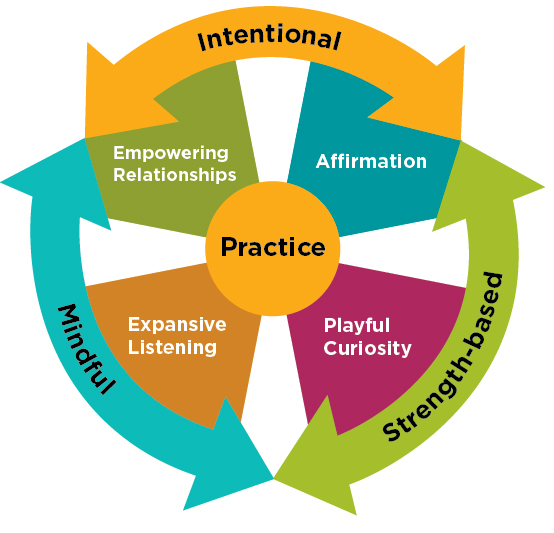Keep Your Cool; Approach Discipline From a Teaching Perspective
Keep Your Cool; Approach Discipline From a Teaching Perspective April is National Child Abuse Awareness Month. We know that reducing risk factors is the key to prevention. Isolation and financial concerns are two major factors that are increasing anxiety and stress during the COVID-19 pandemic and associated stay-at-home orders. Job loss, illness, grief, and uncertainty are exacerbating the stress we are all feeling. Many of us are not parenting at their best under this heightened pressure. According to a survey of over 500 adults featured in USA Today, 1 in 6 parents have reported spanking or slapping their children during this crisis. How do parents balance stress, patience, and effective discipline during a pandemic? Approach Disciple From a Teaching Perspective First, understand that discipline should be rooted in teaching. Teaching in the moment is intentional and can allow a parent to guide their child’s behavior toward more self-control. Think about the outcome you want from the interaction with your child. A teaching approach empowers children to have alternate options when situations occur and allows them to apply critical thinking. Choose Your Battles Remember that your children are under the same increased stress. These circumstances are just as difficult for them as they are for you. Power struggles are normal and probably are increasing the longer you stay home. Choose your battles. Give your child choices and consequences associated with those choices. It eliminates the power struggle. Maintain a Routine As parenting specialist Connie Harrison wrote last week, sticking to a routine is important because a routine or schedule is a pattern the brain recognizes and appreciates. Try and stick to your structure because children need a routine. School time, naps, snacks, chores, access to technology, etc. should be on a schedule throughout the day. Children will know what to expect and it can ease their anxiety. Remember though you may need to be a little flexible when needed though to maintain peace. Take a Breath If you feel yourself, losing control, take a deep breath and walk away. Tell your child you need a moment, go into another room. Return when you are calm. This is also can work as a way to model self-calming behavior when children are losing control. Model what you want to see in your children. They need to see their parents adapting to this “temporary normal” and coping in healthy ways. These “moments” can become a part of your tool-kit that you are using to manage stress. If you need some structure, here is a quick exercise to help you breathe out your stress. “Knowledge is our strongest weapon” in combating the pervasive issue of child abuse, according to the National Children’s Alliance. Reach out for help and know that there are other parents struggling with what to do at the moment when yelling seems easier. Check-in on other parents too. It’s good to stay connected with one another. Together we are stronger. If you suspect that others aren’t coping well and a child may be at risk, call your local child protective agency. In most cases, your report will be anonymous, and you may save a child as well as help a parent get back on the right track.







